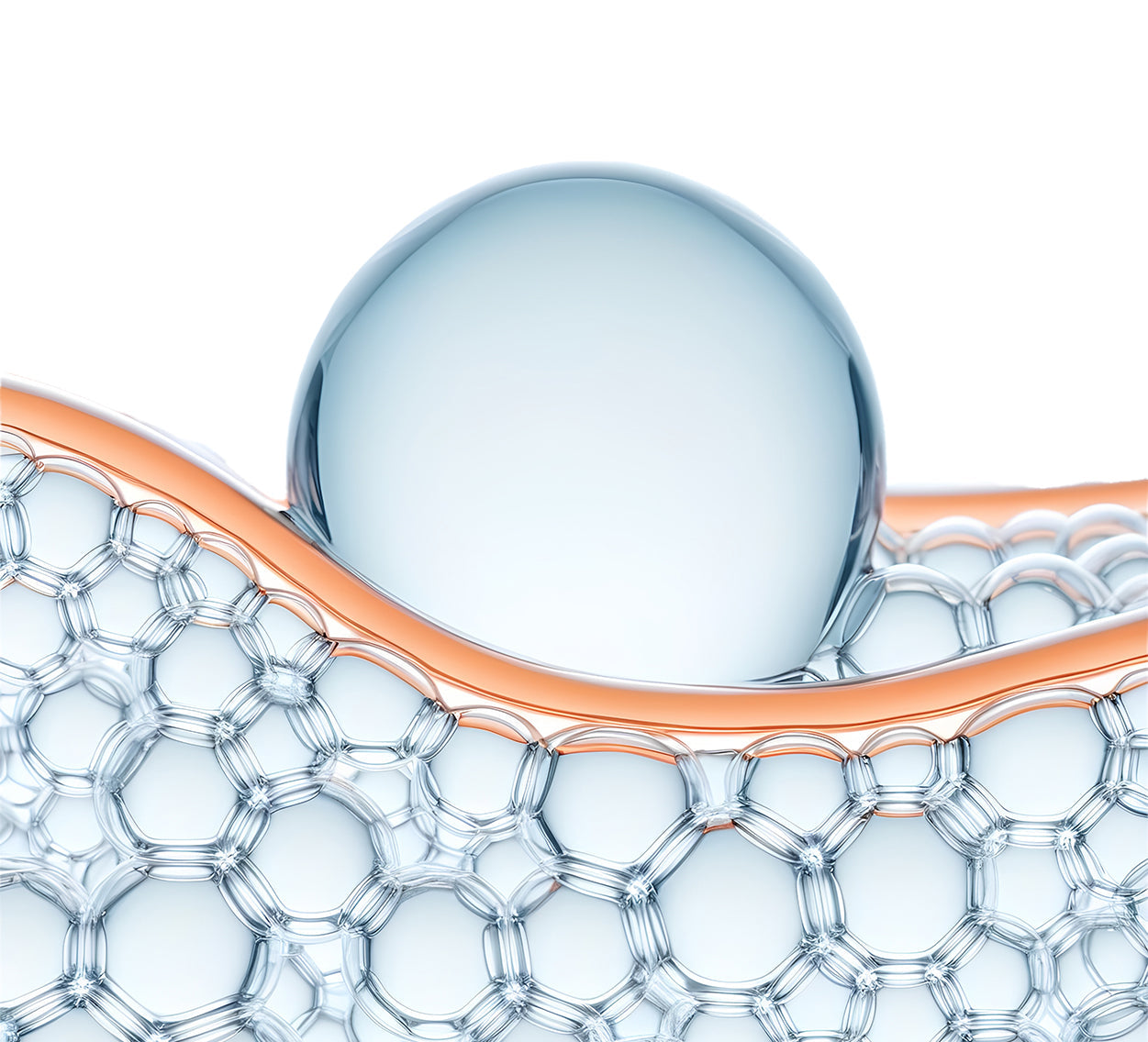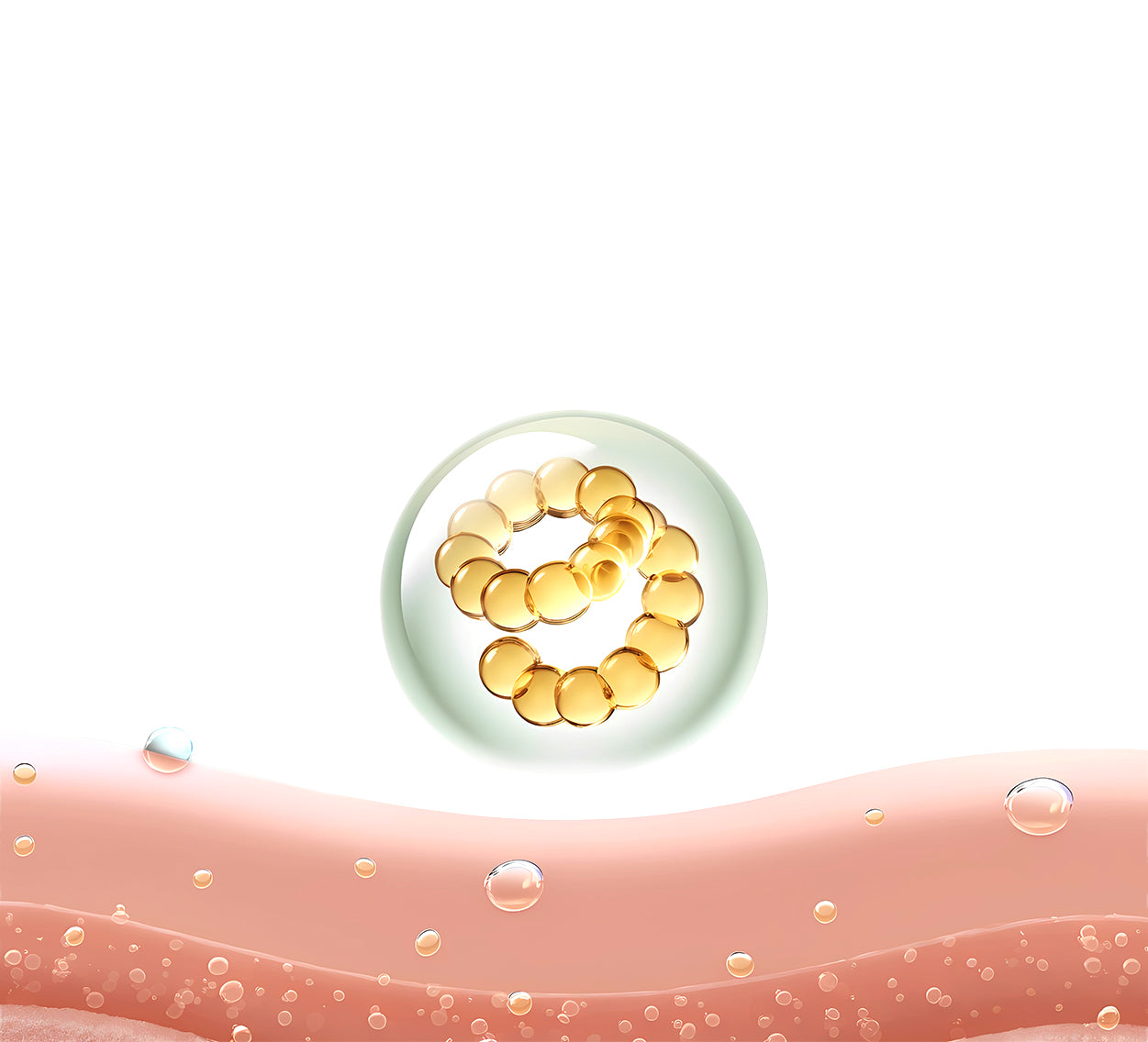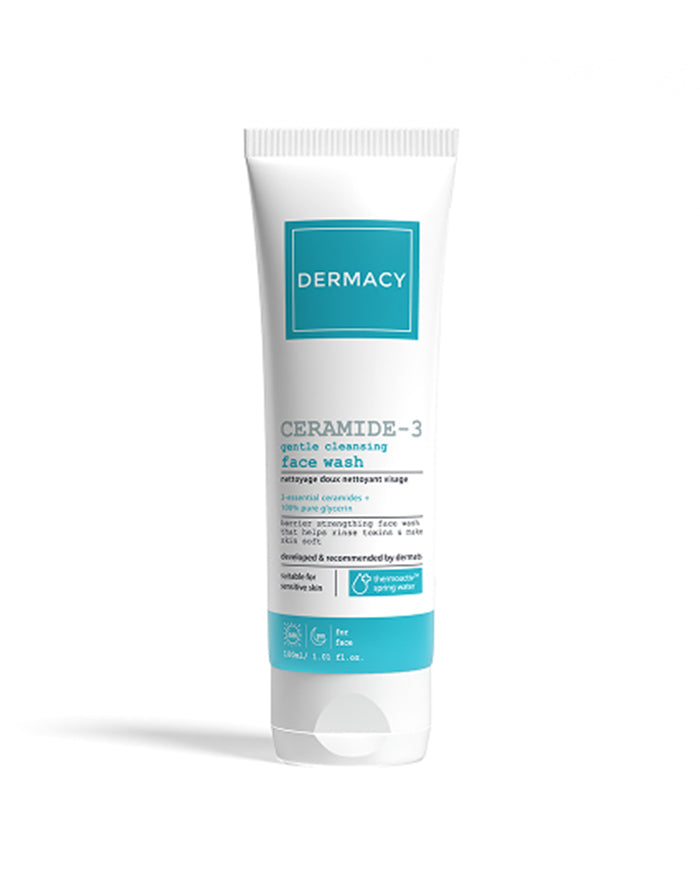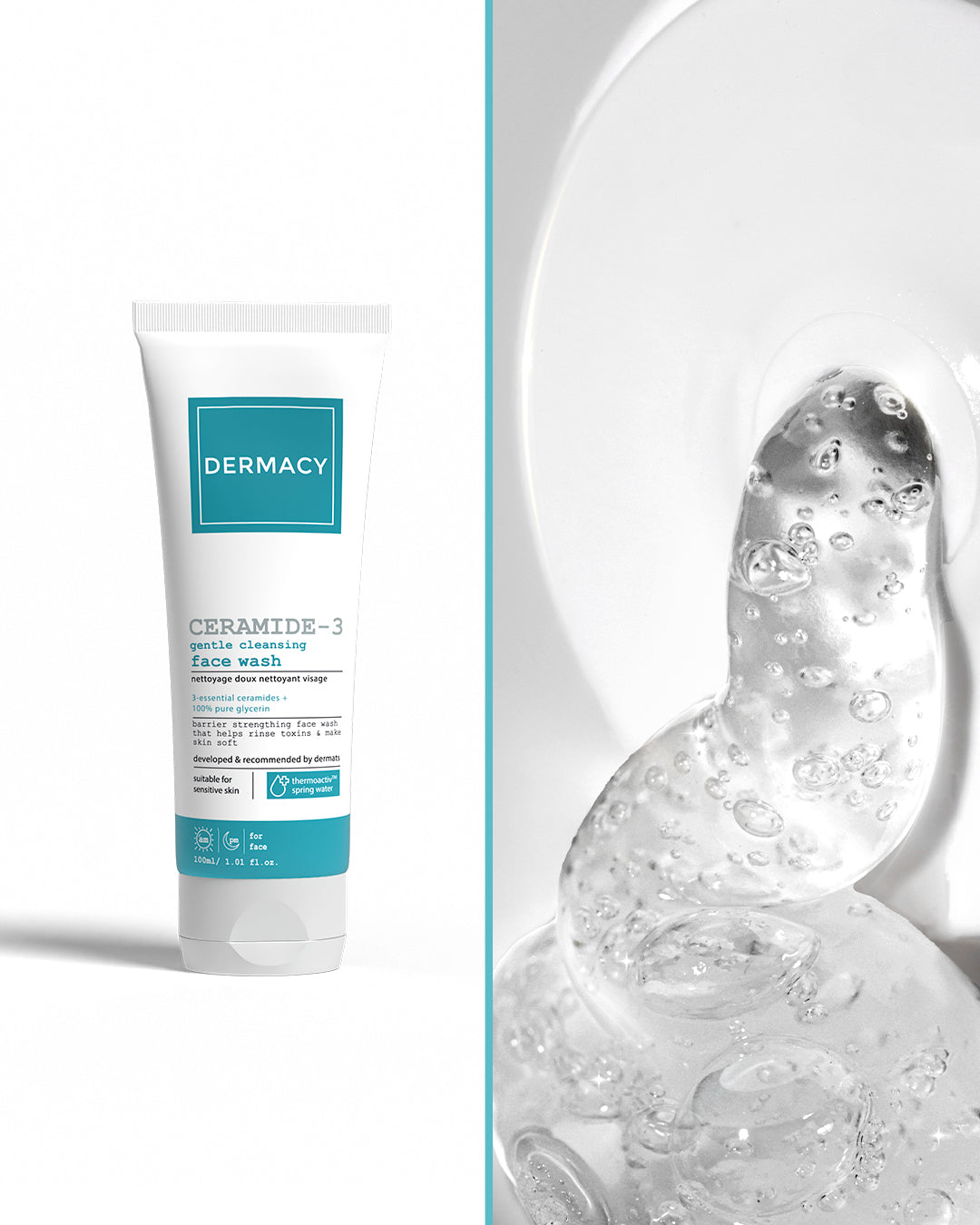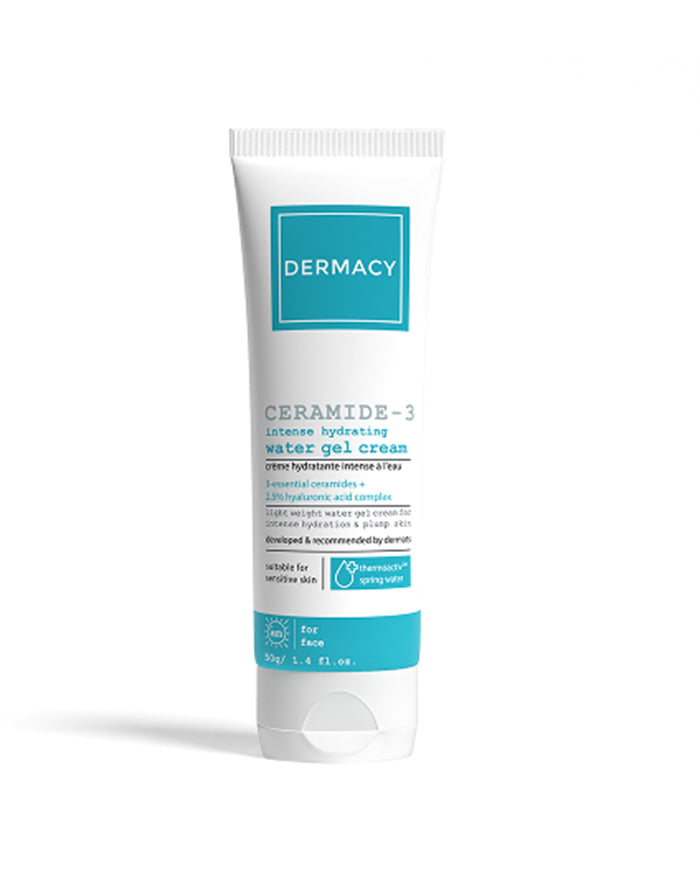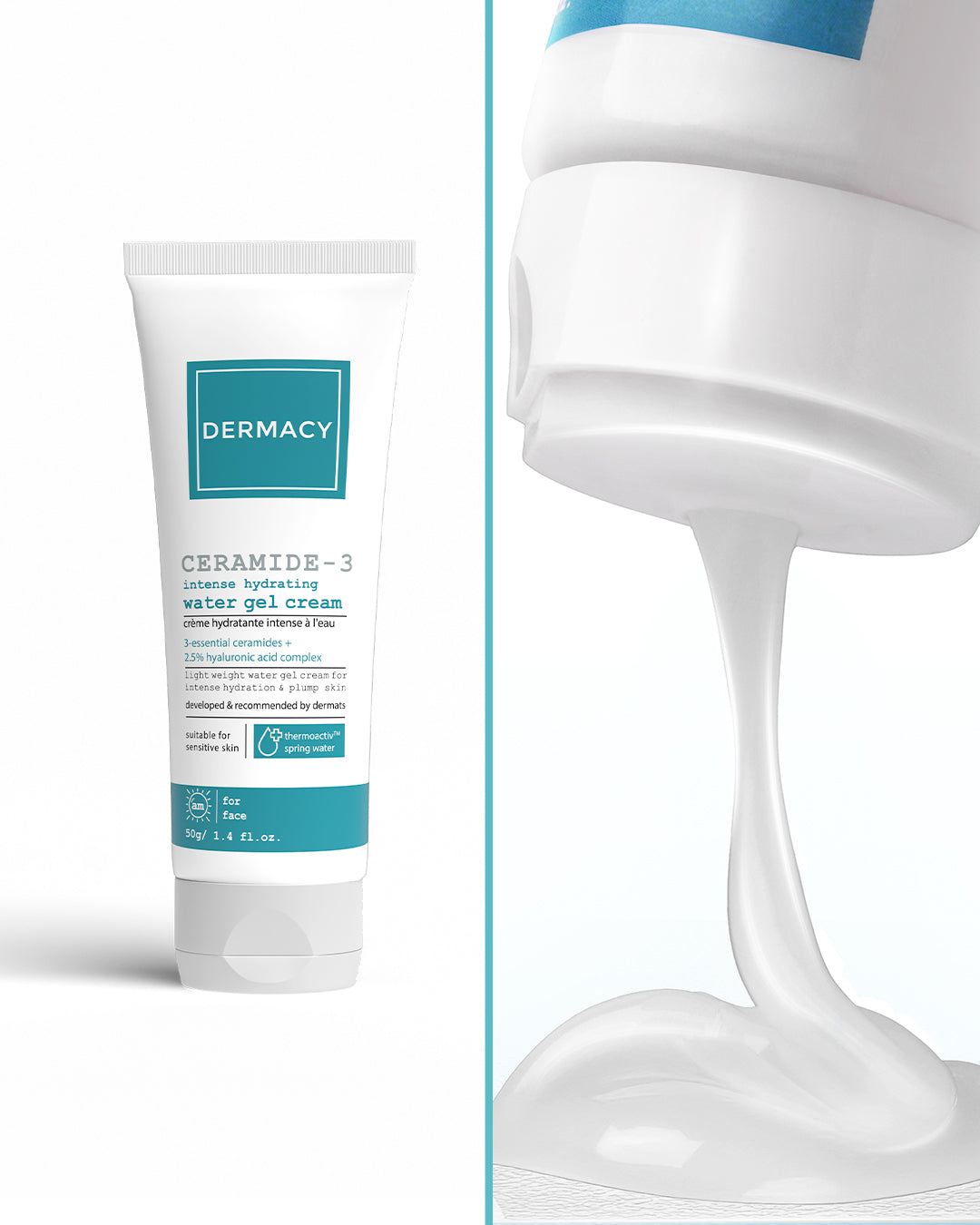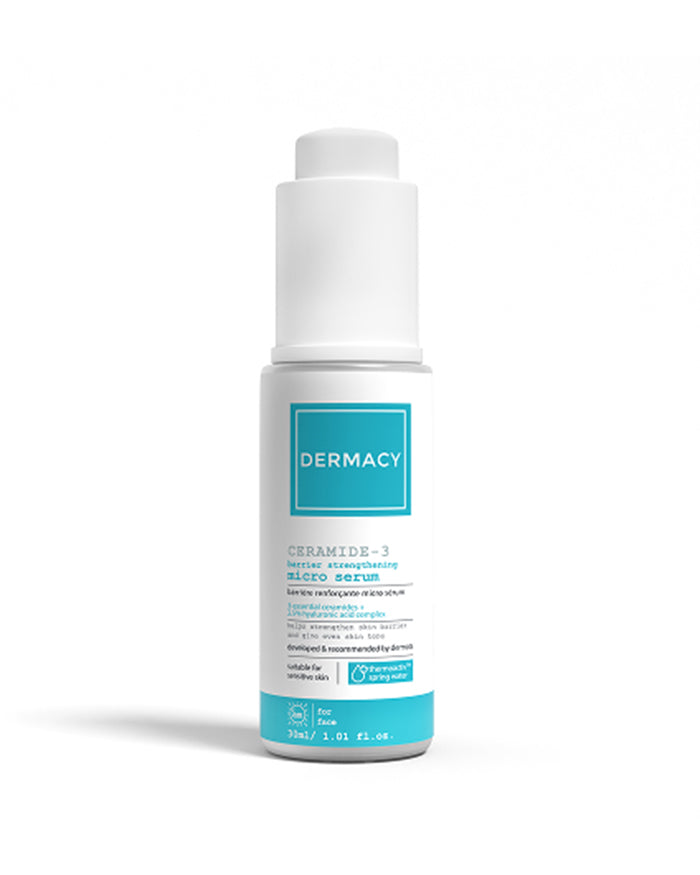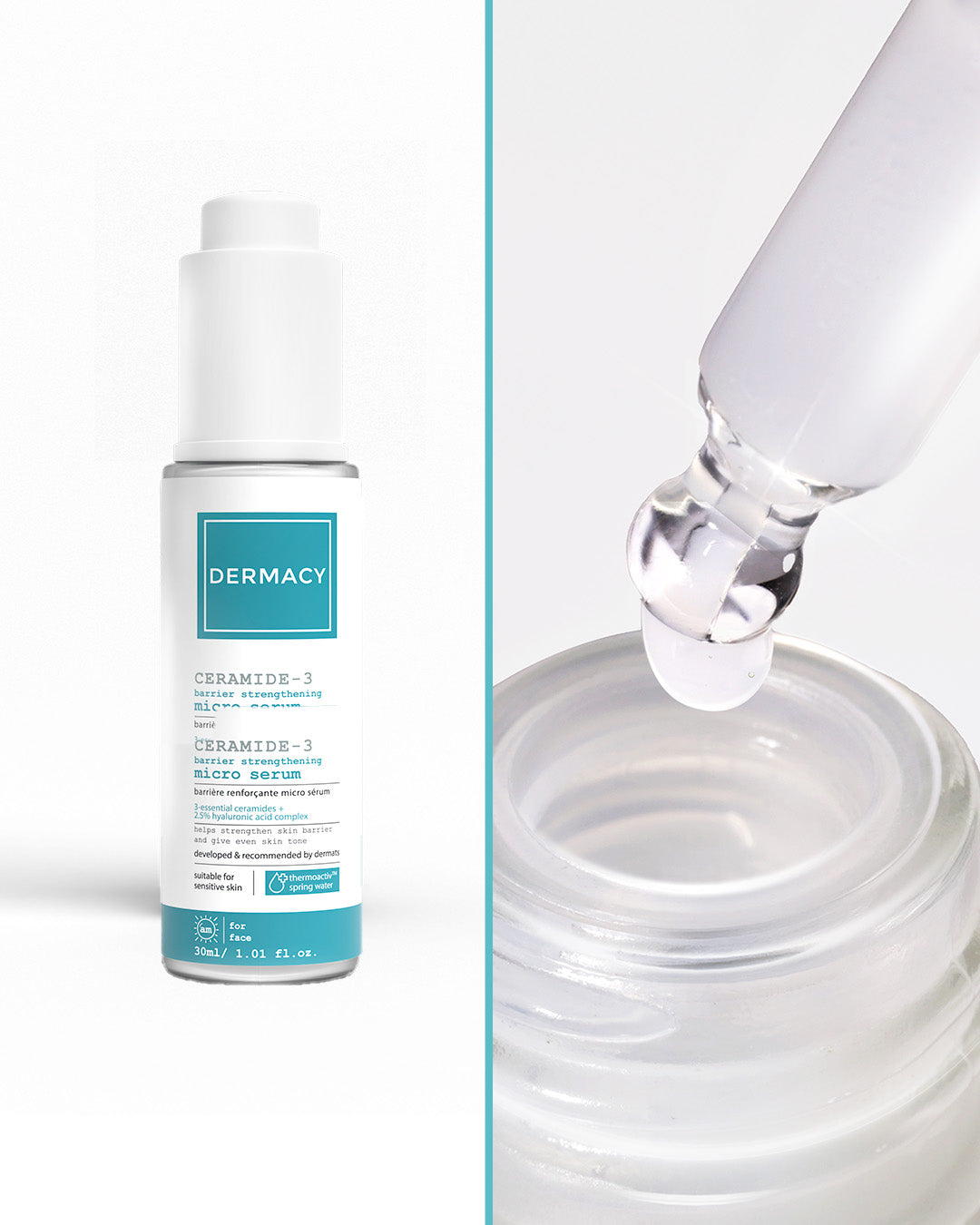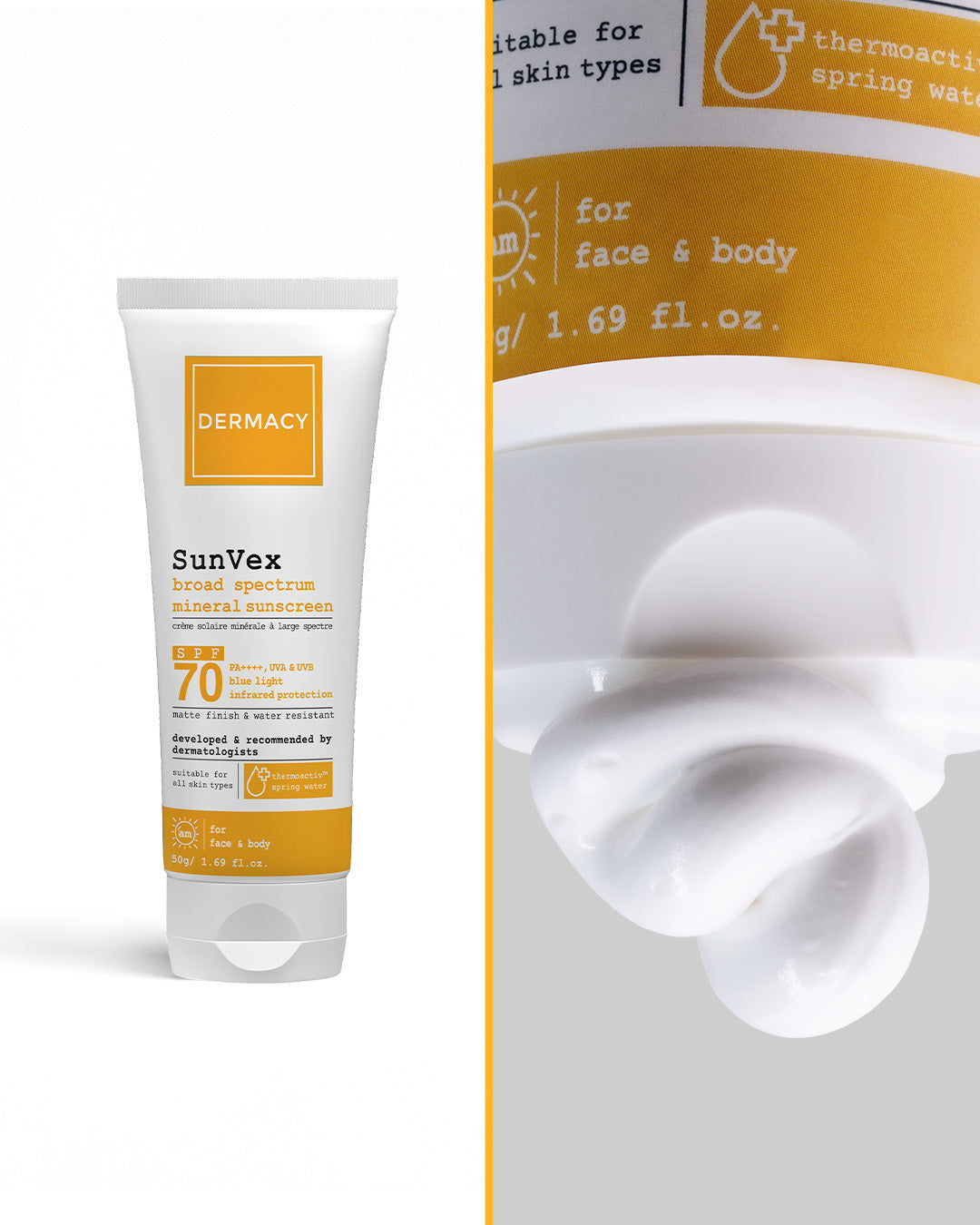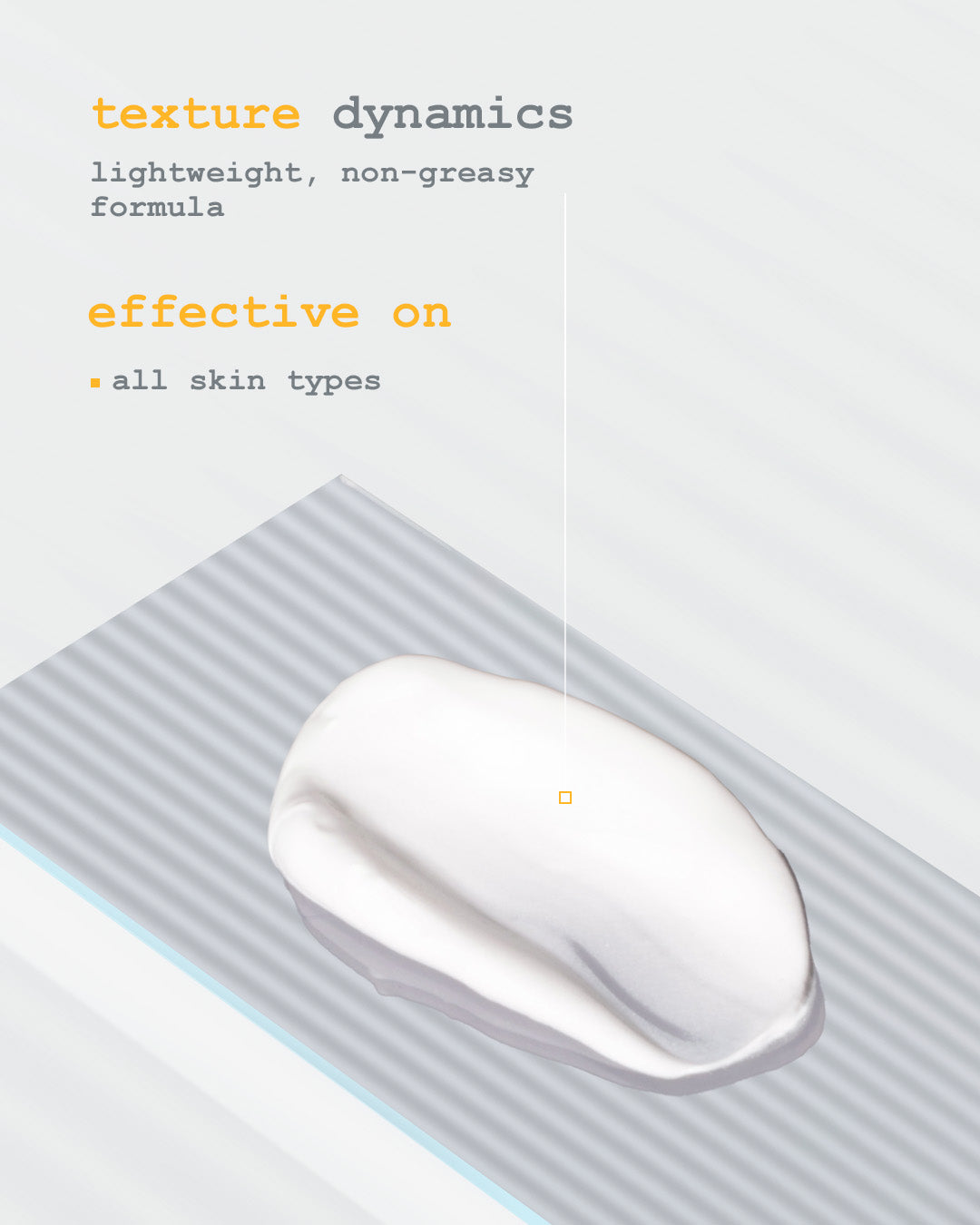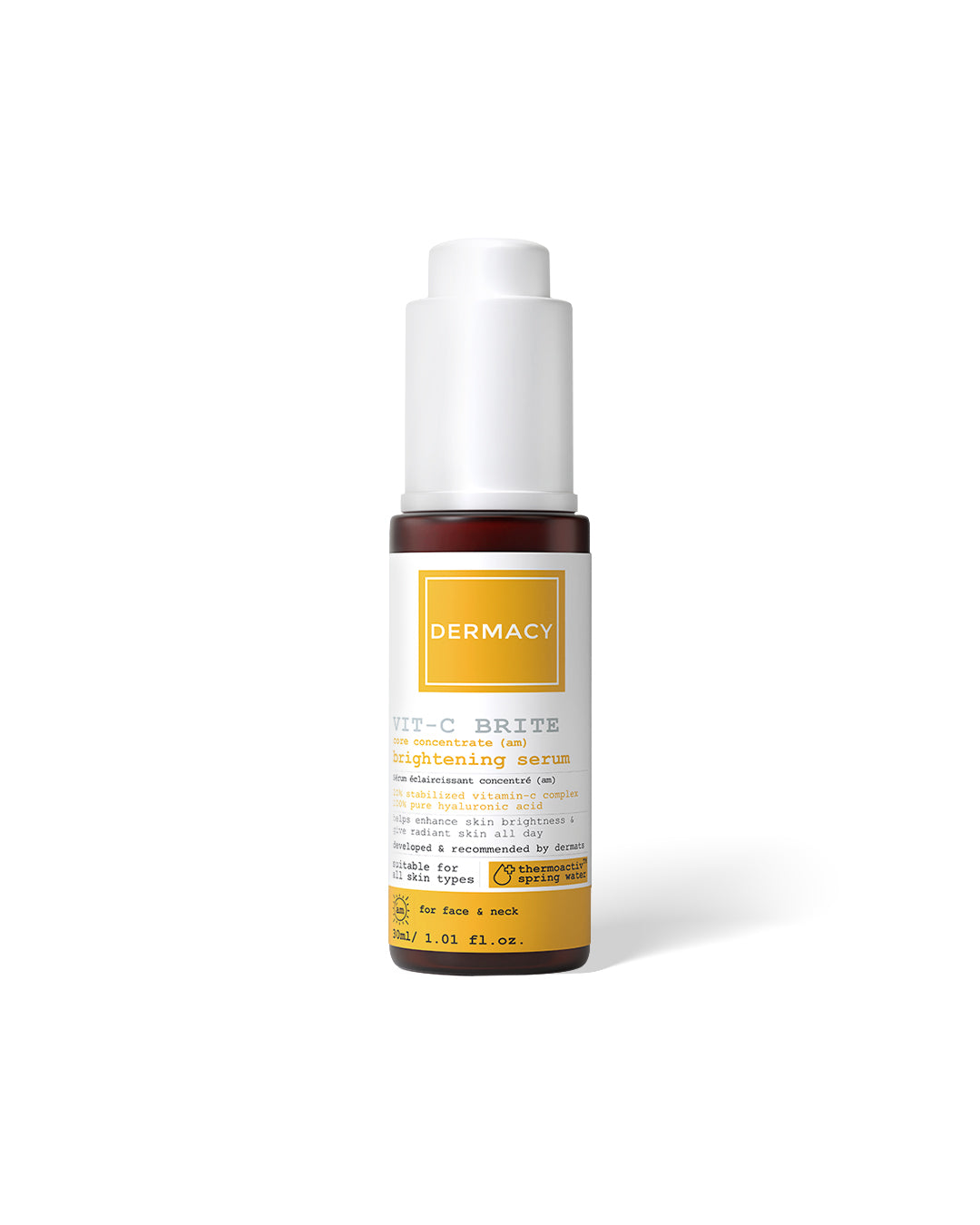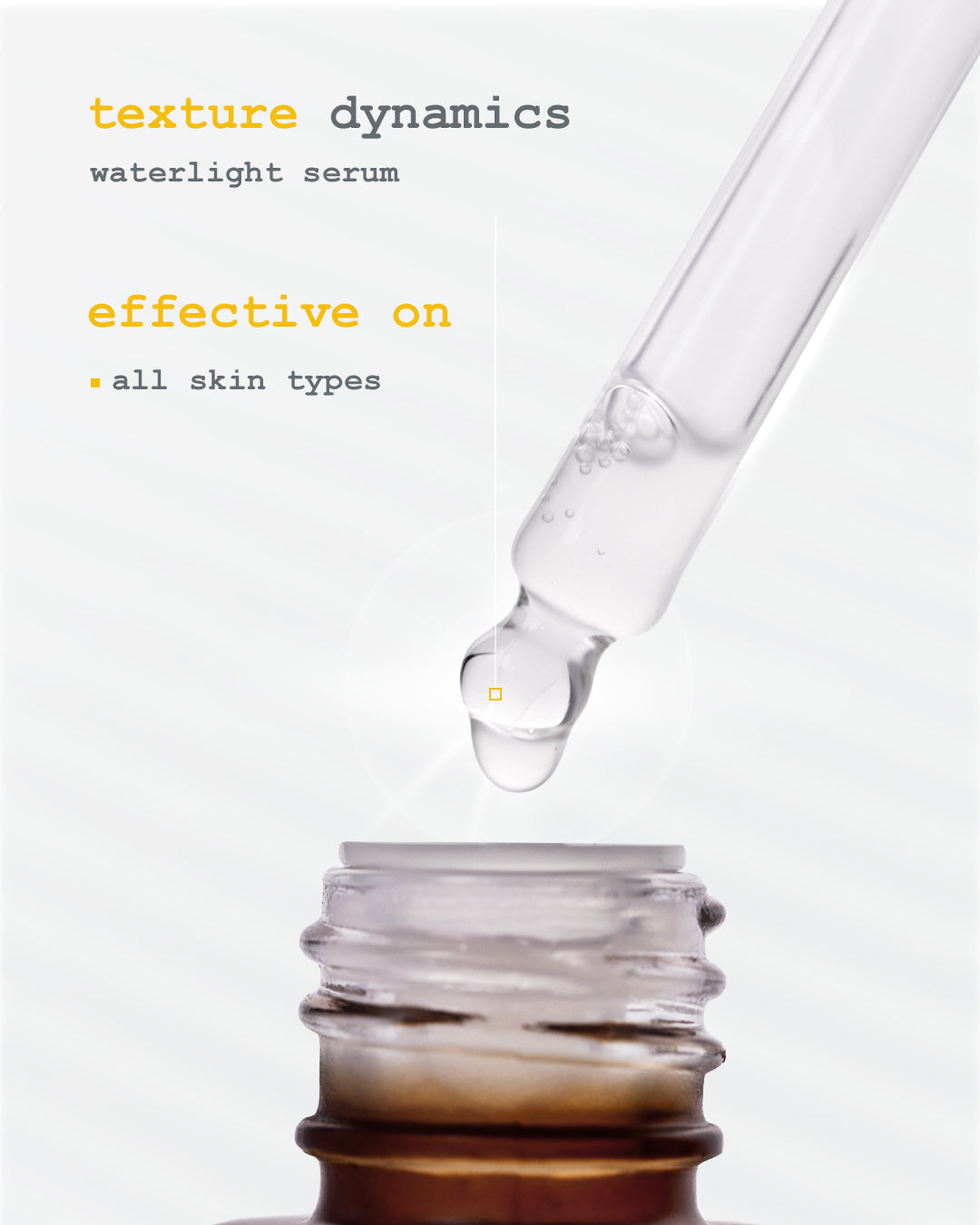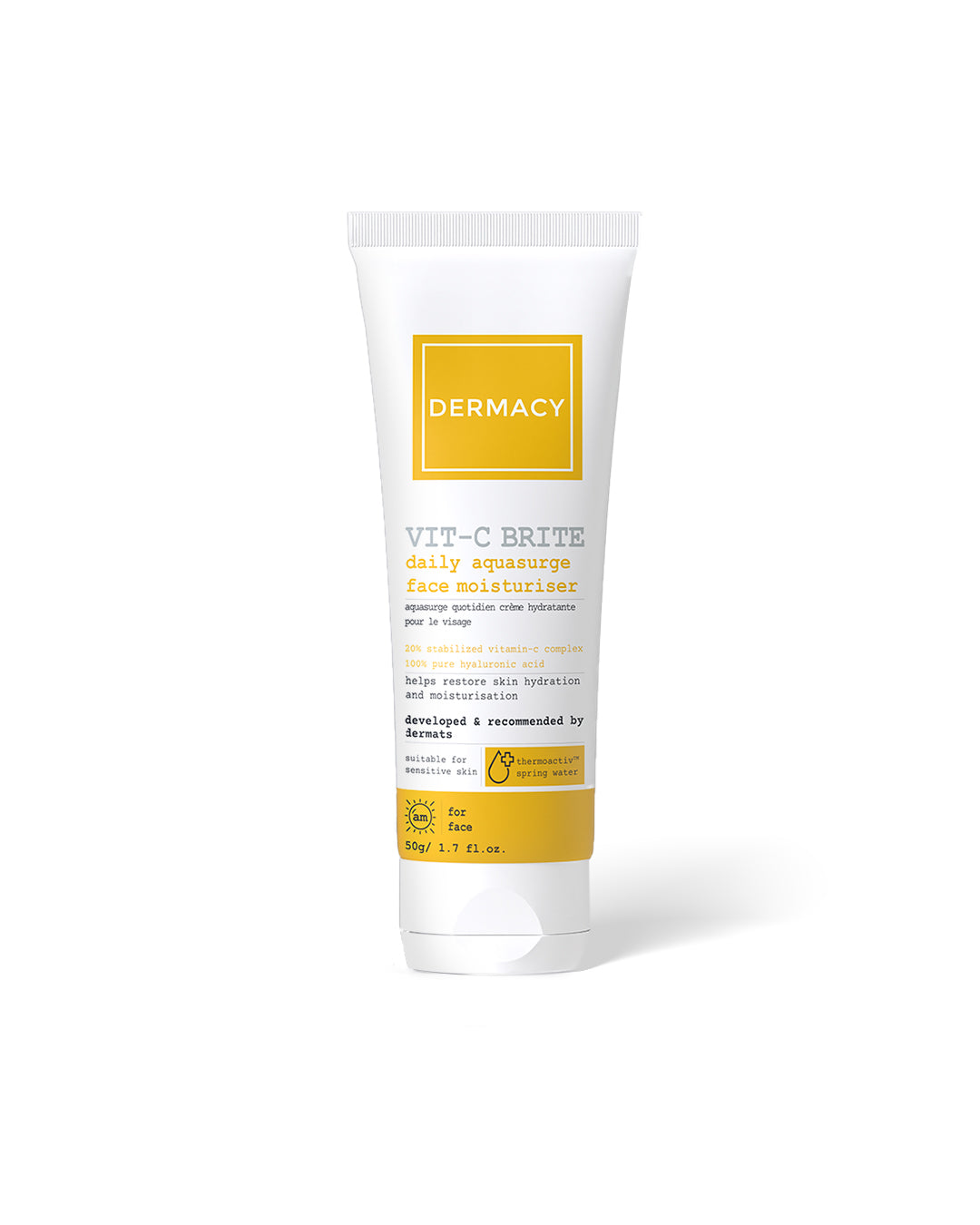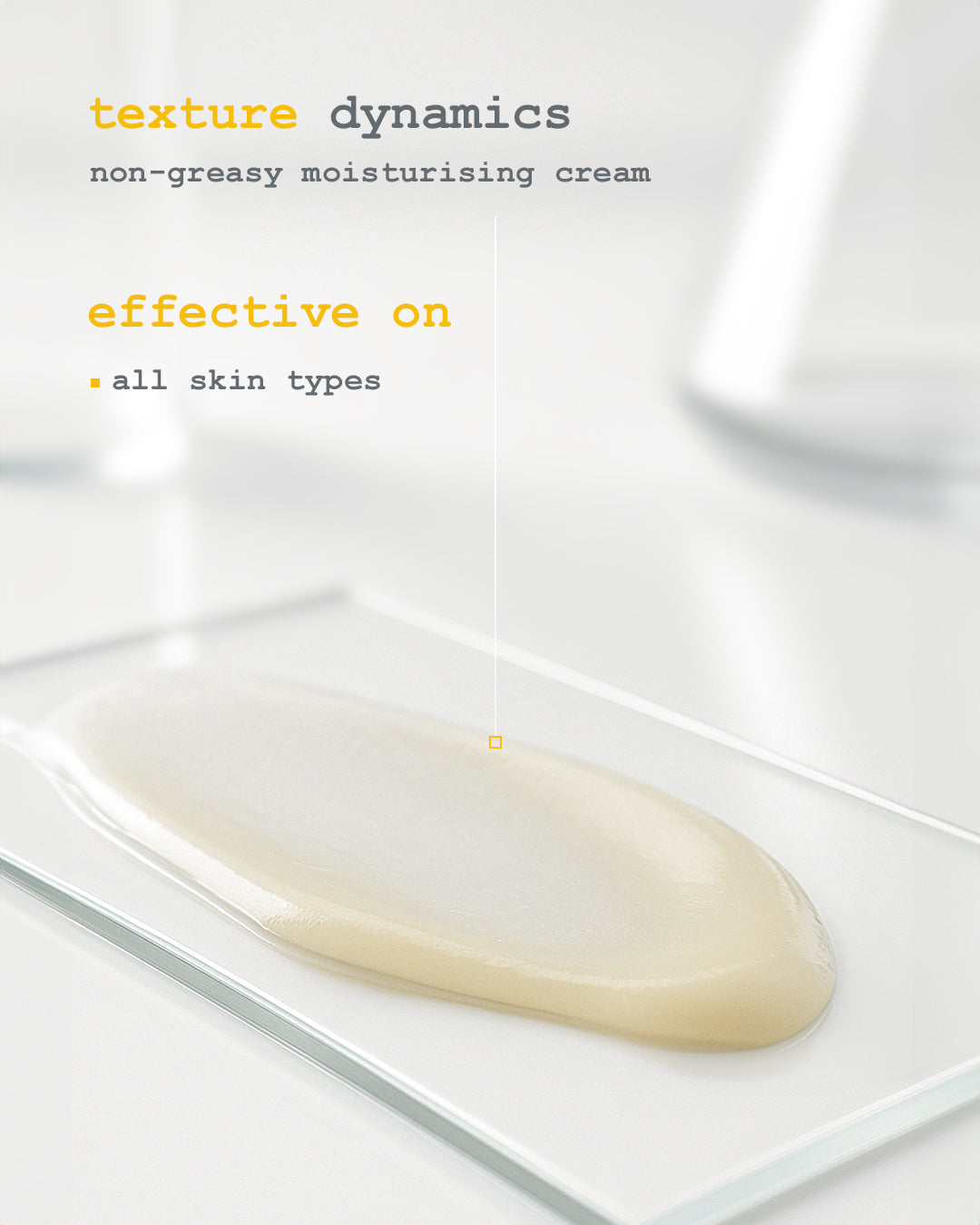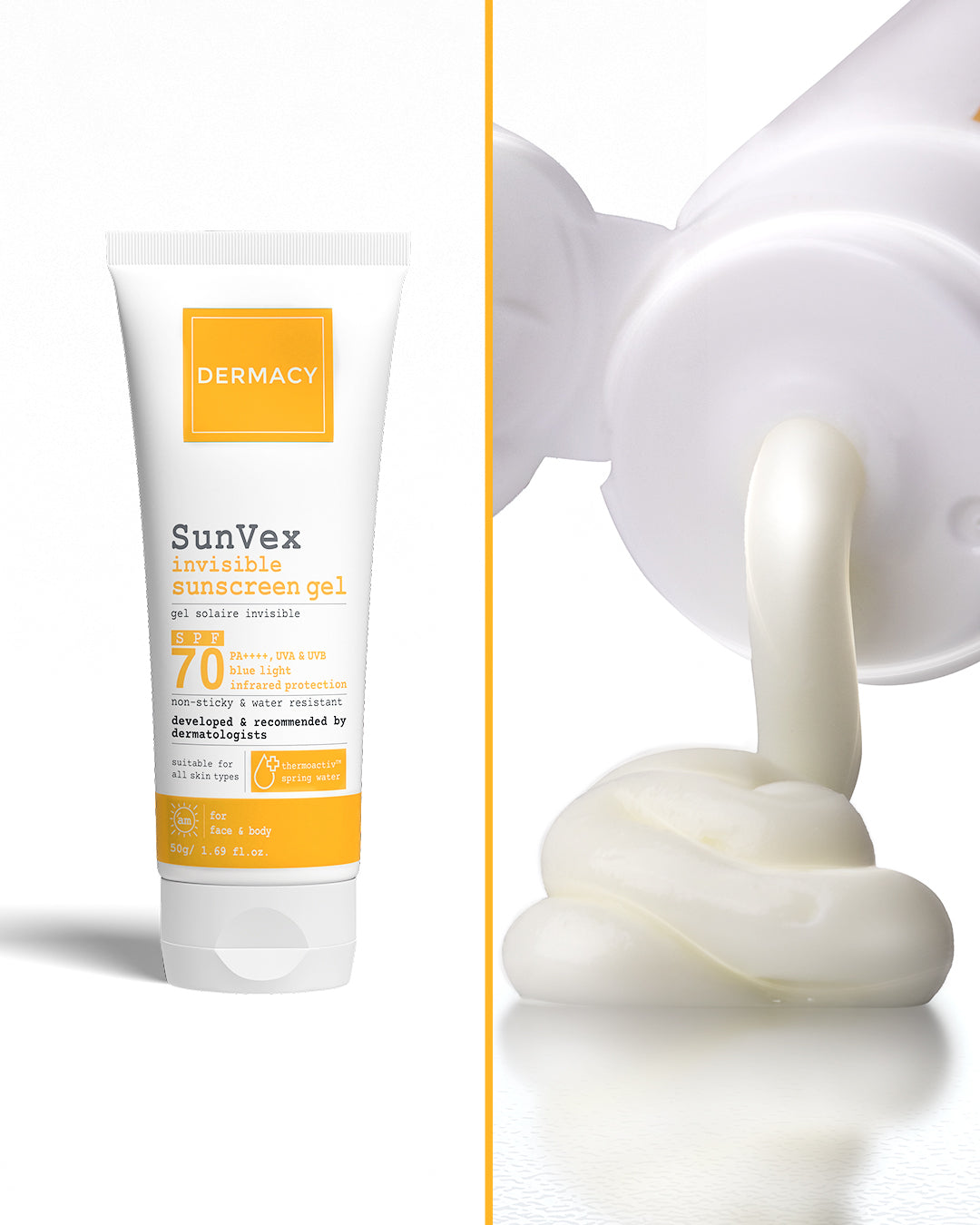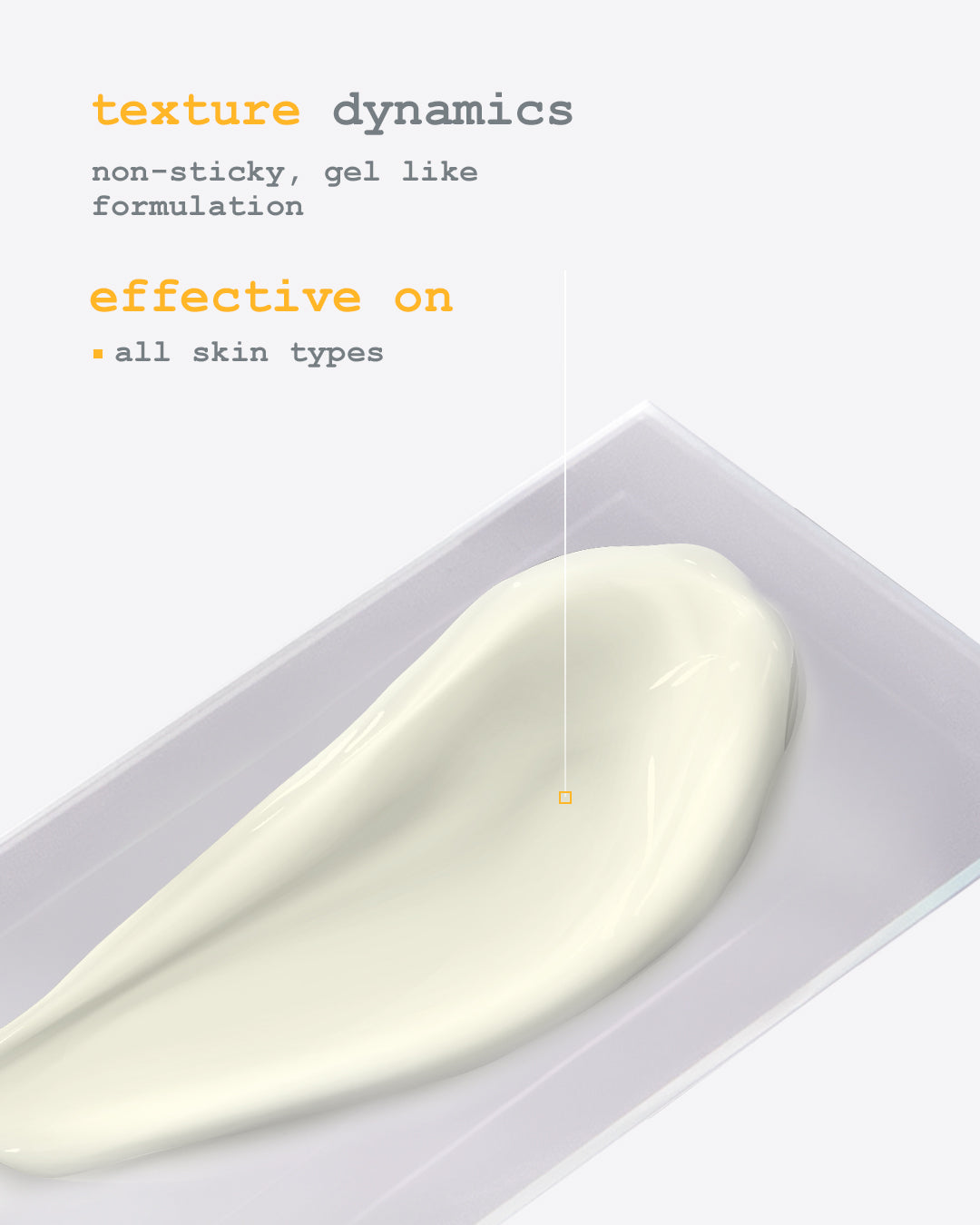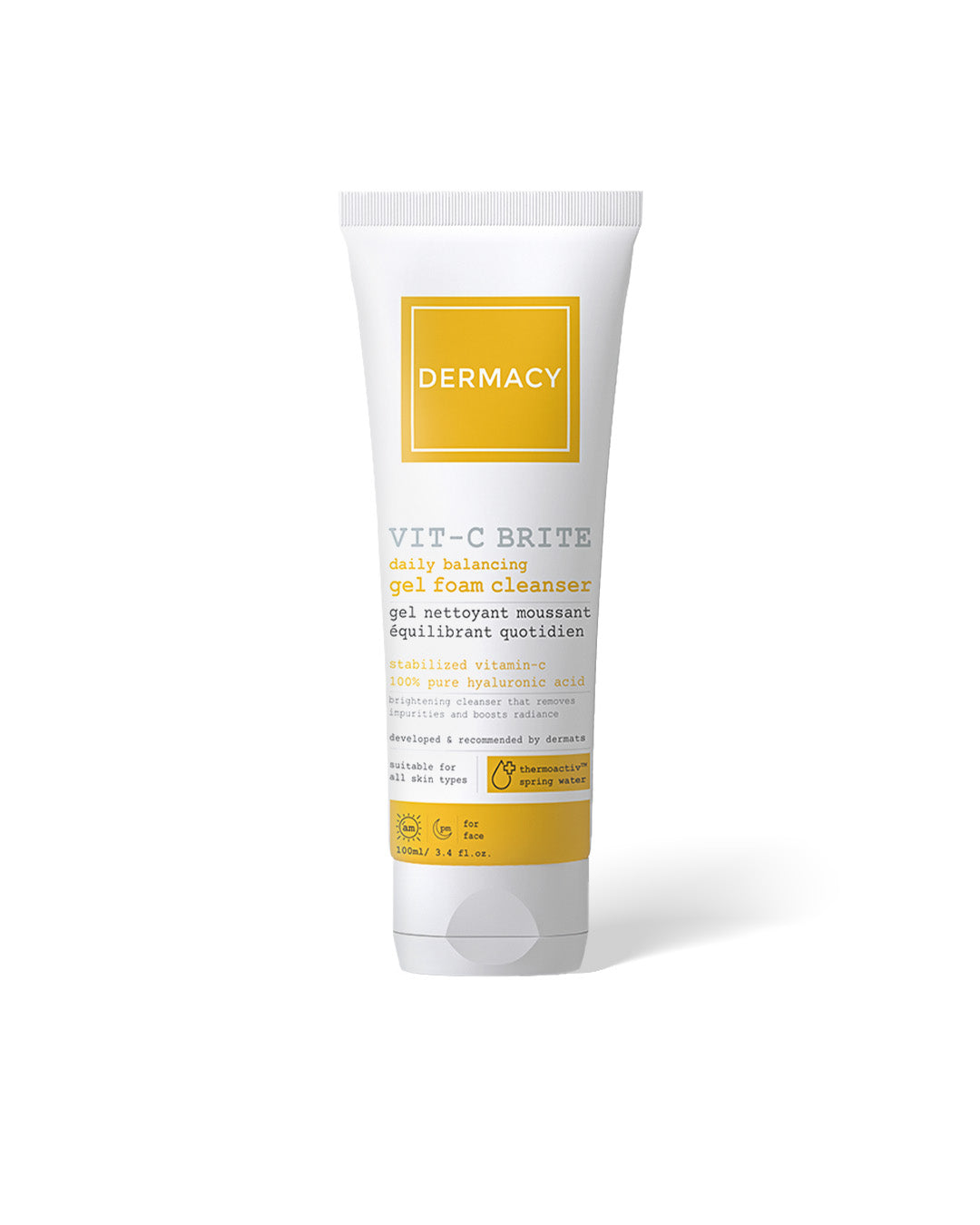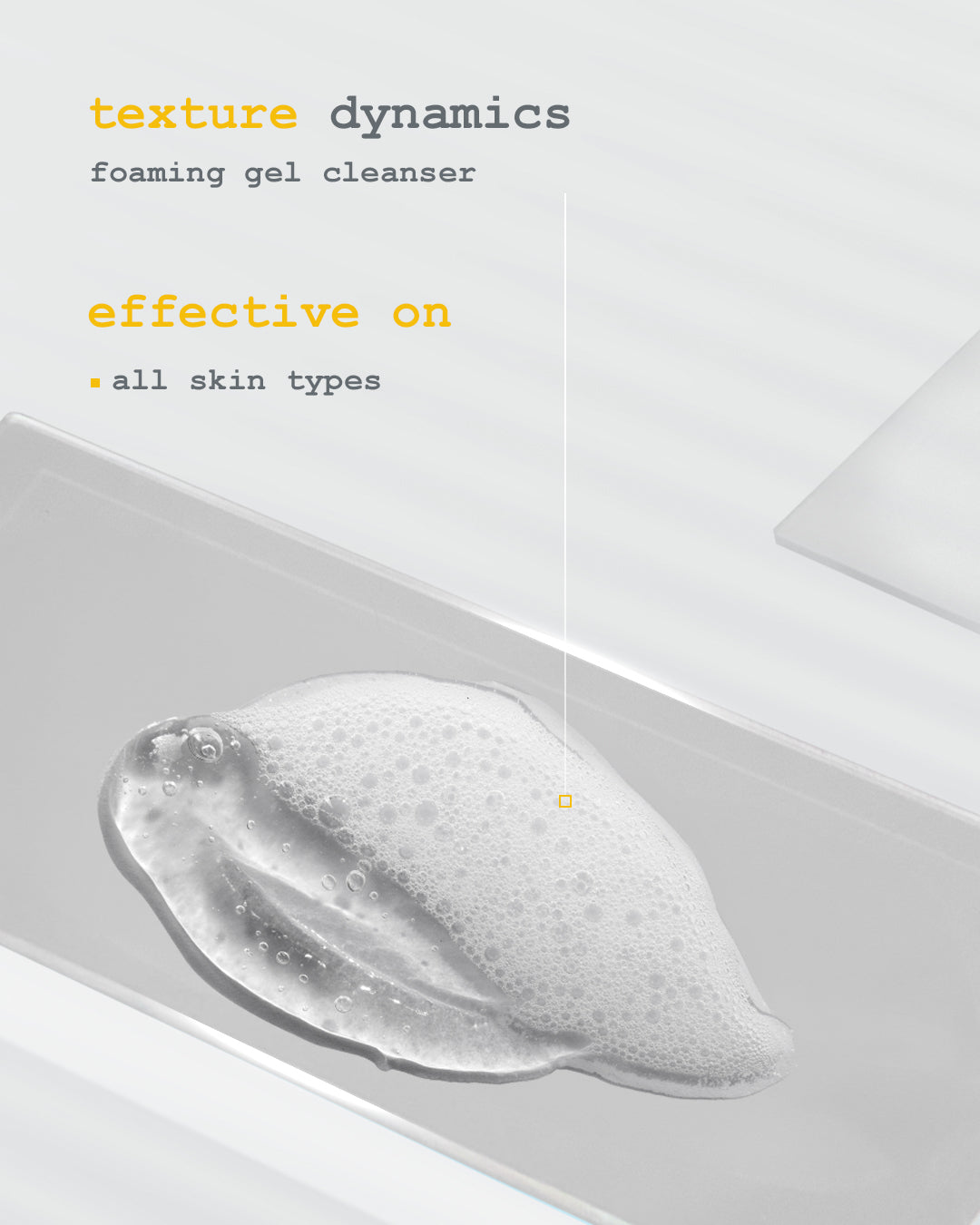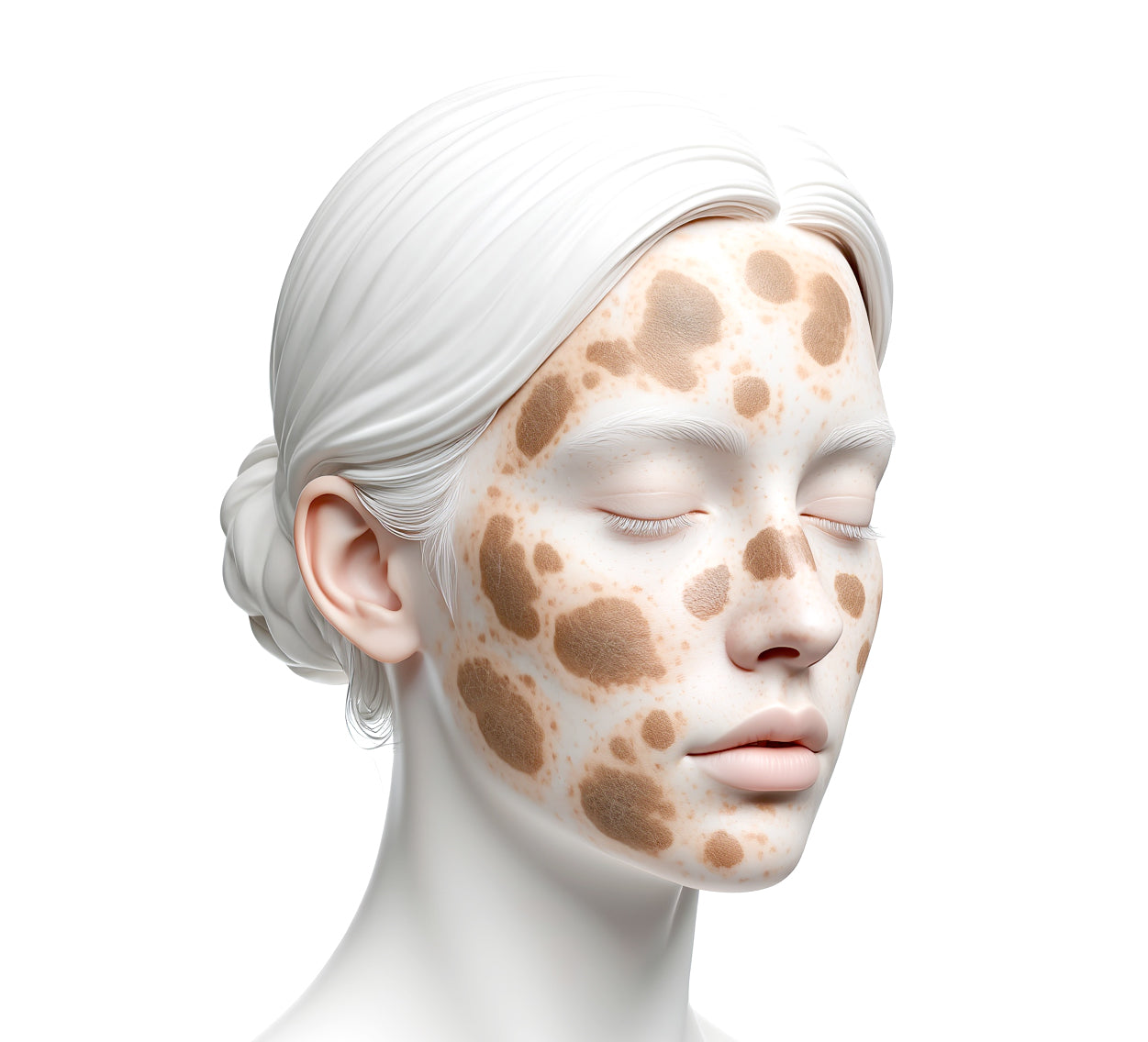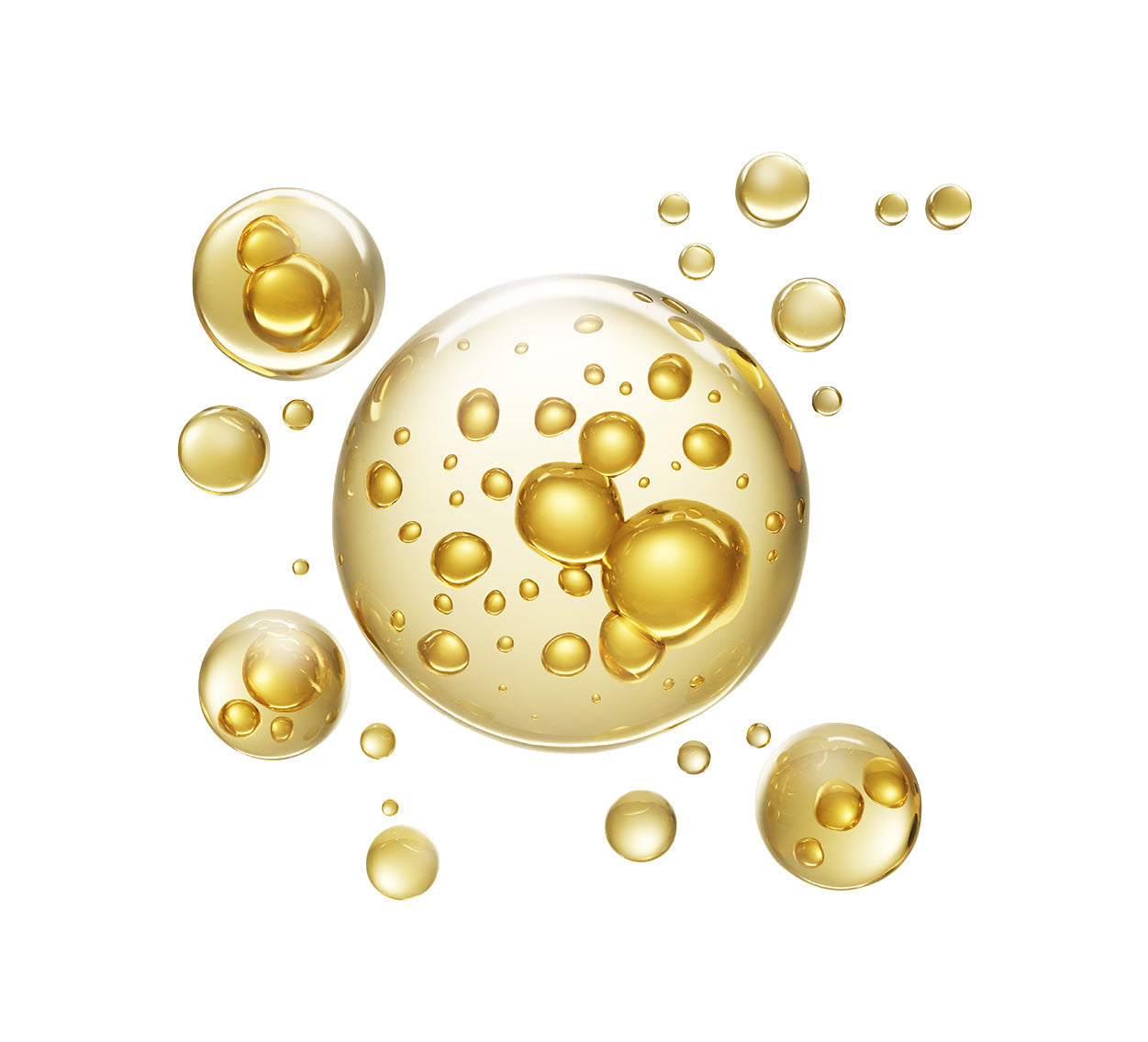Why Panthenol Deserves a Spot in Every Skincare Routine
How Does Panthenol Work?
Panthenol acts as a humectant—attracting and retaining moisture in the skin. It also strengthens the skin barrier, reduces transepidermal water loss (TEWL), and supports skin regeneration. Its anti-inflammatory and skin-conditioning properties make it especially valuable in calming reactive or damaged skin.
Panthenol Benefits for Skin
Panthenol offers wide-ranging support for compromised, sensitive, or dehydrated skin:
- Deeply hydrates without leaving a greasy finish
- Reduces skin irritation and visible redness
- Enhances elasticity and softness
- Accelerates wound healing and tissue regeneration
- Strengthens the barrier by reducing transepidermal water loss (TEWL)
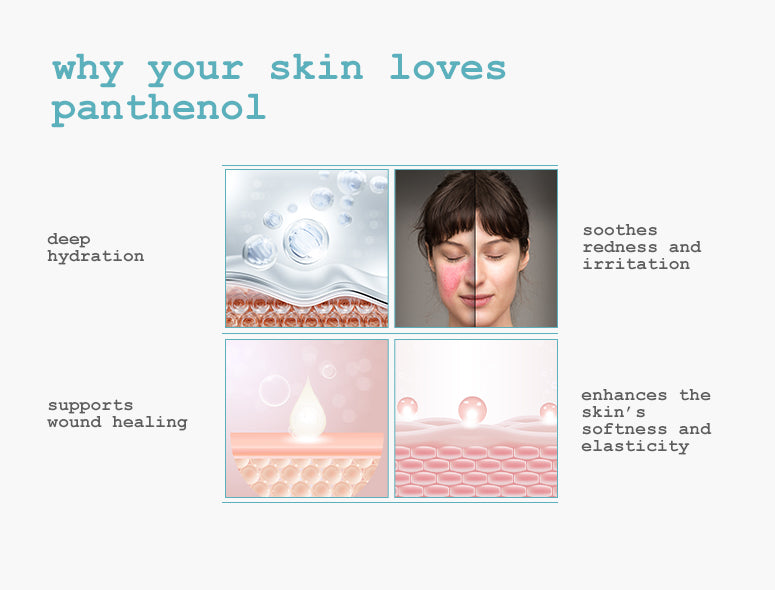
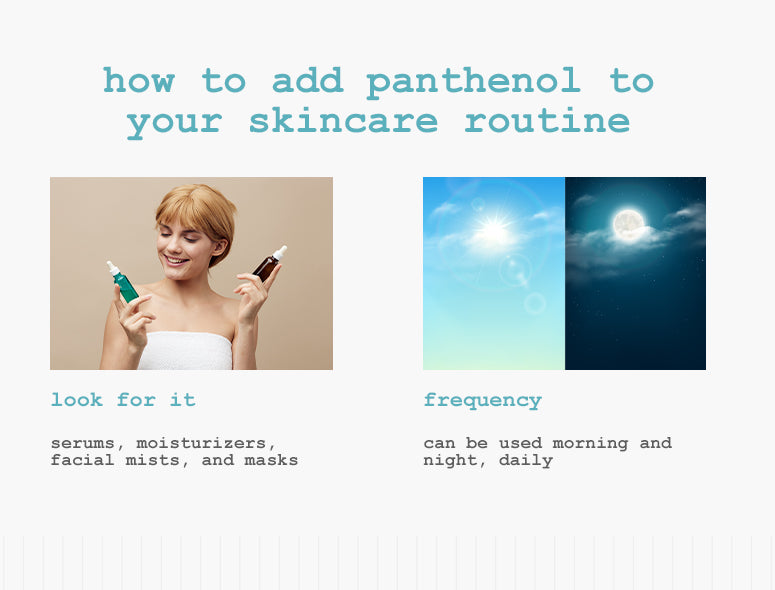
What Does Panthenol Do in Skincare?
As a humectant, panthenol attracts water into the skin and holds it there. But unlike some humectants, it also supports barrier function, making it ideal for long-term skin health.
Panthenol Uses You’ll find panthenol in a wide range of skincare formats:
- Panthenol moisturizer for daily hydration
- Panthenol cream for post-treatment recovery
- Serums and gels for lightweight, layered hydration
Apply products like cream with panthenol after cleansing, preferably on damp skin. For optimal results:
- Use morning and evening
- Pair with ingredients like hyaluronic acid, niacinamide, and ceramides
- Avoid layering with sensitizing acids when the barrier is compromised
While both are humectants, hyaluronic acid draws in moisture, and panthenol helps keep it there. Think of panthenol for skin care as the agent that soothes, strengthens, and seals hydration in. Hyaluronic acid is a humectant that pulls moisture into the skin—great for an instant hydration boost. Panthenol, on the other hand, goes a step further: it not only draws in moisture but also strengthens the skin barrier, soothes inflammation, and supports healing.
Think of hyaluronic acid as a sponge, and panthenol as a protective wrap that keeps moisture locked in and skin calm.
Panthenol Benefits for Skin
Panthenol offers wide-ranging support for compromised, sensitive, or dehydrated skin:
- Deeply hydrates without leaving a greasy finish
- Reduces skin irritation and visible redness
- Enhances elasticity and softness
- Accelerates wound healing and tissue regeneration
- Strengthens the barrier by reducing transepidermal water loss (TEWL)
Final Takeaway
Panthenol is one of the most underappreciated ingredients in skincare. Whether in a panthenol cream, moisturizer, or hydrating serum, its ability to calm, hydrate, and restore makes it foundational for barrier-first routines.





